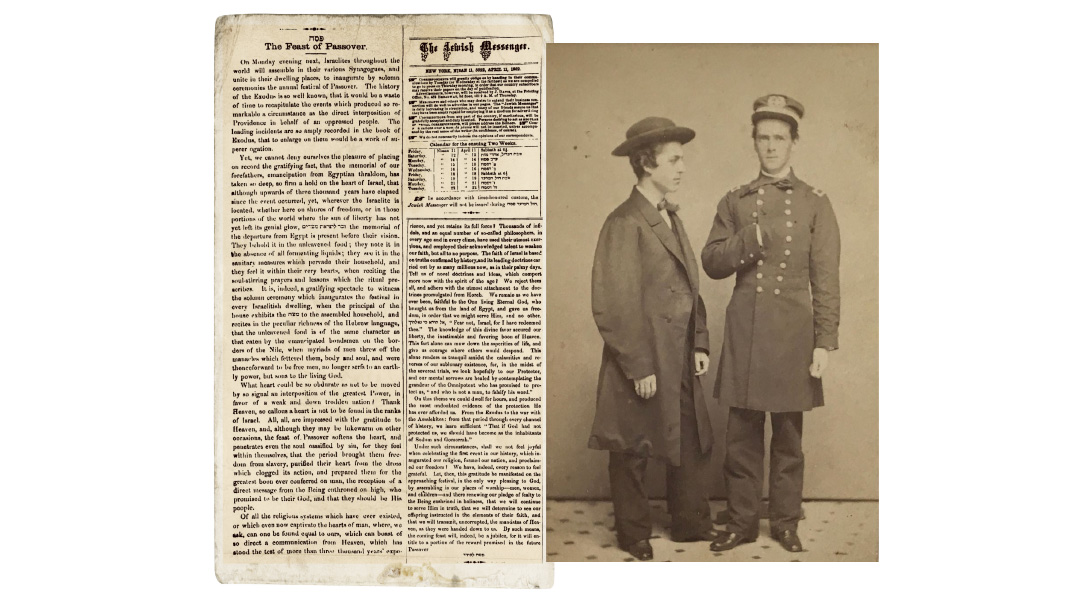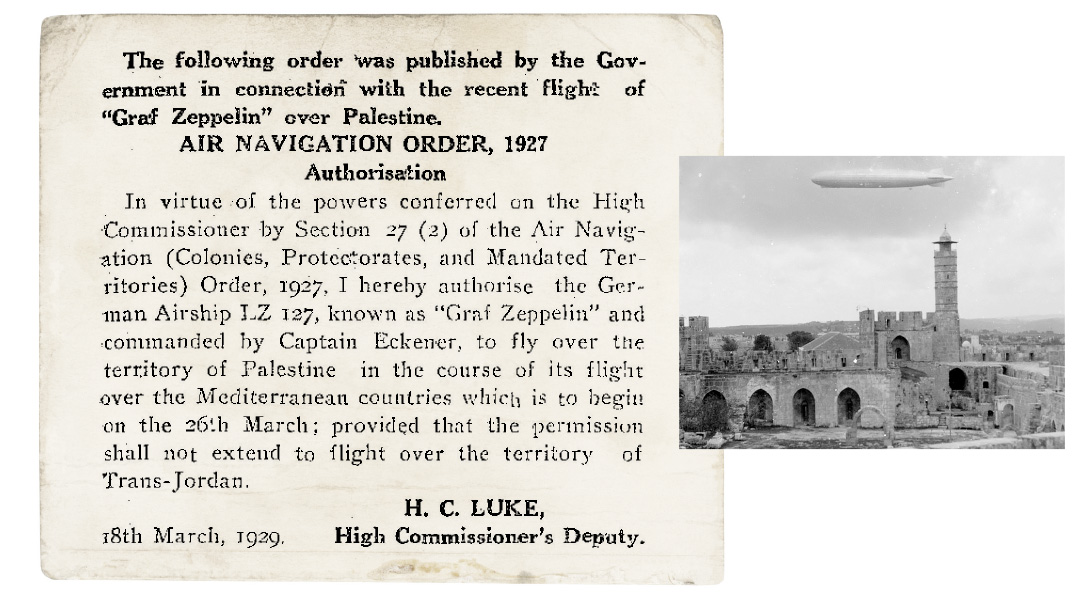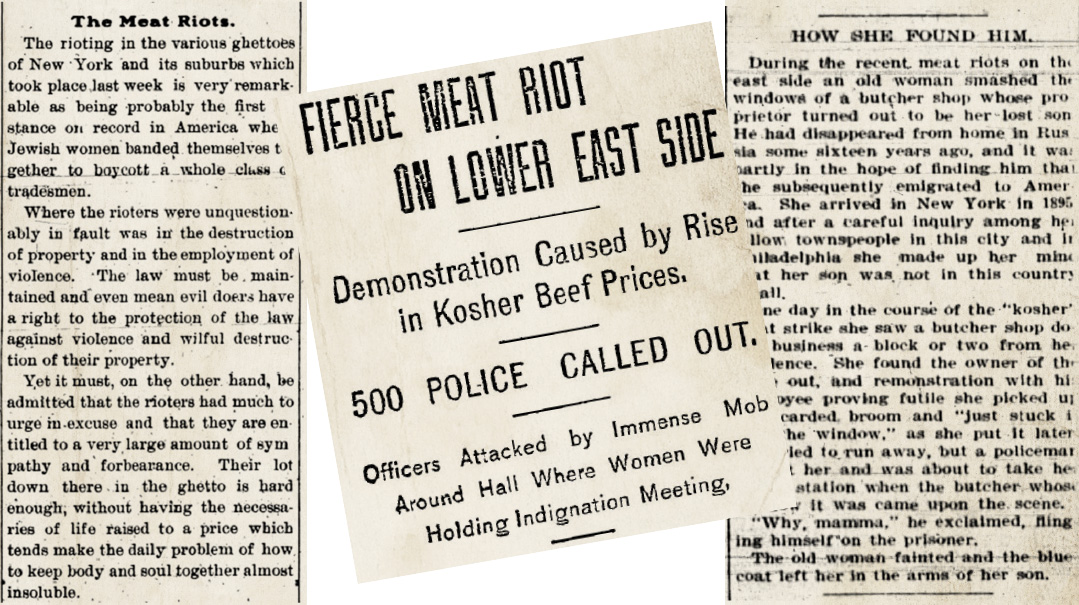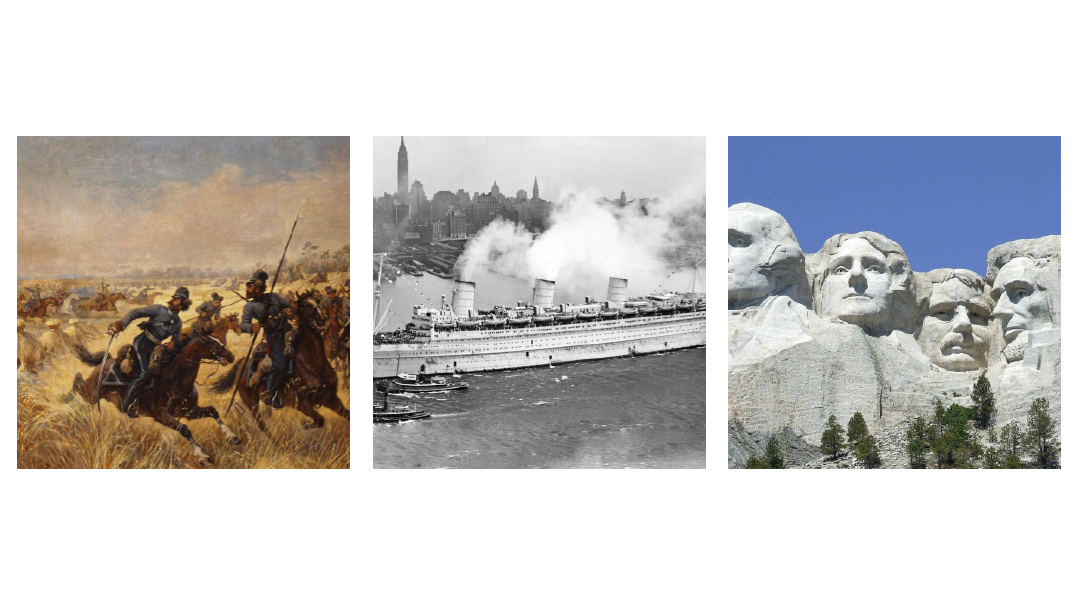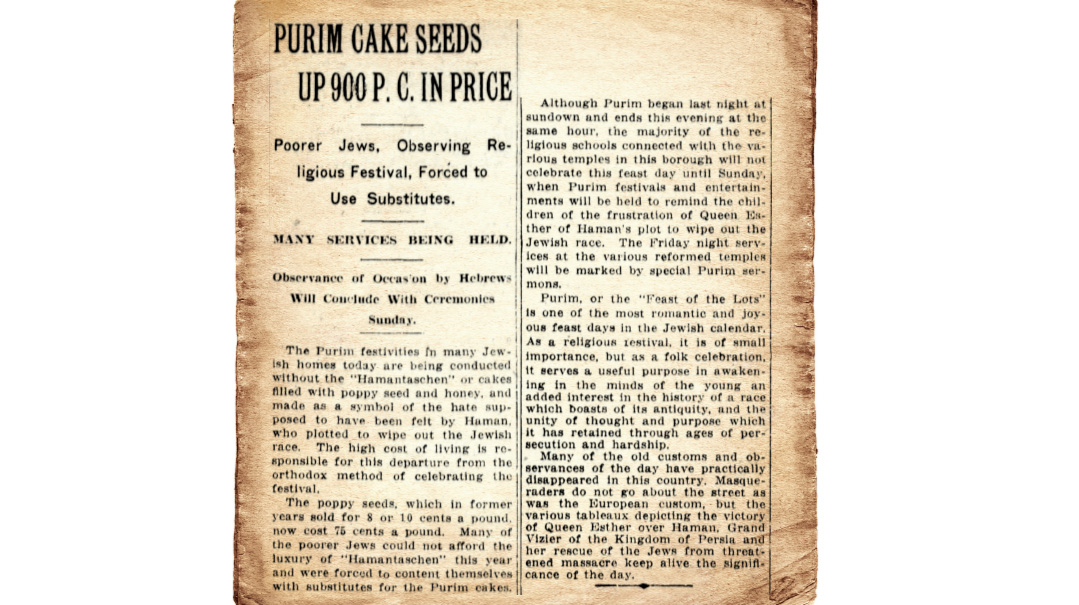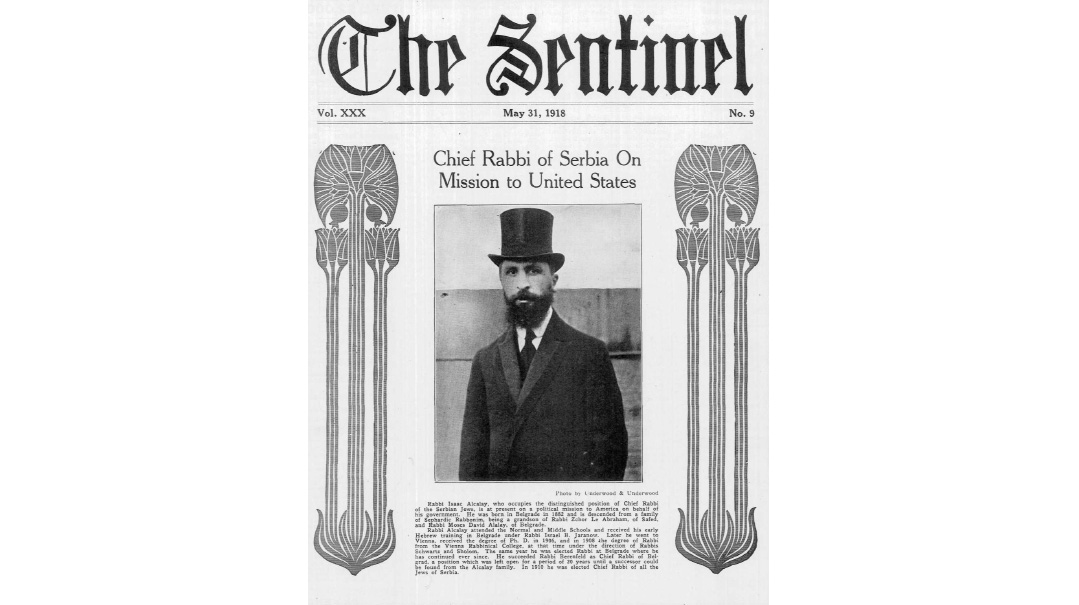The Torah’s Only Defender
| April 26, 2022"Our master Reb Chaim clearly proved the baselessness and falsity of the imbecile creature known as Bible criticism"
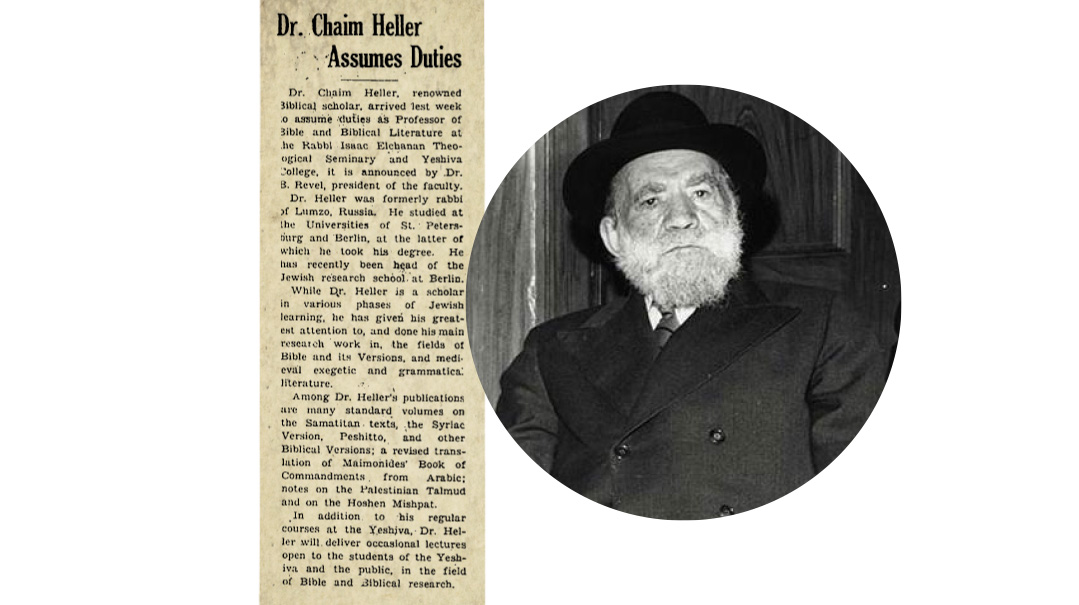
Title: The Torah’s Only Defender
Location: New York
Document: The Jewish Chronicle
Time: 1929
From Rav David Tzvi Hoffman to Rav Mordechai Breuer, over the course of the 20th century, many Orthodox scholars defended the Divine authorship of the Torah against the onslaughts of Biblical criticism. A product of the 18th-century Enlightenment, Biblical criticism purported to critically reexamine the Hebrew scriptures from a scientific perspective, reconstruct Biblical historical events, and analyze the text itself and how it developed. With the gradual academic acceptance of this heresy in the early 1900s, there emerged a pressing need for an educated, authentic response from within the Torah world. A brilliant young scholar known as the “Warsaw Illui” resolved to shoulder that responsibility.
Rav Chaim Heller (1879–1960) was born in Bialystok and raised in Warsaw. He never studied in a traditional yeshivah setting, but in the home of his rich uncle, the young genius was exposed to some of the greatest Torah scholars of the day, including Rav Yitzchok Elchonon Spektor of Kovno; the Beis HaLevi, Rav Yosef Dov Soloveitchik; and the Netziv of Volozhin. Among his friends were Rav Chaim Brisker, Rav Eliyahu Chaim Maizel of Lodz, and Rav Elya Feinstein of Pruzhan. In addition to his Torah accomplishments, Rav Chaim received a doctorate from Wurzburg University.
When the renowned rabbi of Lomza, Rav Malkiel Tzvi Tannenbaum, passed away in 1910, Rav Chaim Heller was appointed in his stead. Just a couple of months later, Rav Heller left Lomza, not wishing to serve in the rabbinate. He later moved to Berlin, where he opened a unique Torah institution named Beis Medrash Ha’elyon. Perceiving the threat that Biblical criticism posed toward the traditional understanding of Tanach, he endeavored to create an elite institution where young brilliant scholars would receive the tools to refute critics.
Rav Chaim felt that what was missing was a background knowledge in ancient Semitic languages — Biblical Hebrew, Arabic, Aramaic, Syriac — coupled with a broad and in-depth knowledge of Tanach and Shas. This combination would enable one to disprove any theory advanced in the field of Biblical criticism.
In 1937 Rav Chaim Heller was forced to close his beis medrash and flee Nazi Germany, and he settled in New York. He continued to research, lecture, and write extensively on the subject of refuting Bible critics for the rest of his life, and it formed the bulk of his vast literary output.
His lectures attracted a diverse audience from rabbis to secular intellectuals, and despite the complex subject matter, they had significant popular appeal as well, as he could articulate the material in a clear and accessible fashion. In addition, he regularly lectured at RIETS on a variety of Torah topics and served as the honorary president of the OU. Despite his towering genius, those who met him encountered a modest and relatable individual, kind-hearted and generous with both time and material assistance.
Despite his passing away on Erev Pesach, his funeral was attended by thousands, with the main hesped delivered by Rav Yosef Dov Soloveitchik, who flew from Boston to participate.
Rav Chaim Heller was buried in the Mount Judah cemetery in Queens, and when Rav Yaakov Kamenetsky bought a plot there many years later, he was gratified to merit to be buried in proximity to this great gaon.
The Rambam Remake
Rav Heller’s prodigious output wasn’t limited to Biblical works. He authored many halachic works as well, including a new edition of the Rambam’s Sefer Hamitzvos. The Chofetz Chaim allegedly proclaimed that it was so good that one could no longer use any other edition of the Sefer Hamitzvos besides Rav Chaim Heller’s. Rav Dovid Tzvi Hoffman said: “One note by Reb Chaim is by far more important than a hundred closets full of books.”
King of Carnegie Hall
The Pittsburgh Jewish Chronicle reported in 1944 on a five-part lecture series by Rav Heller at New York’s Carnegie Hall in which he refuted popular Biblical criticism. The article said that “2,000 people attended each class, and another 5,000 were turned away for lack of accommodation. He wowed the audience of not just rabbis and religious Jews but radical journalists, university professors, and intellectuals.”
The famous historian Zev Yavetz wrote: “Reb Chaim saved the Book of Books from a destruction… greater than the destruction of the first and second Temples. There, the enemy destroyed merely stone and wood, whereas in the case of Bible criticism, they aim to annihilate the spirit of the Jewish People; against this curse stood up our master Reb Chaim with his endless knowledge and wisdom and clearly proved the baselessness and falsity of the imbecile creature known as Bible criticism.”
(Originally featured in Mishpacha, Issue 908)
Oops! We could not locate your form.

